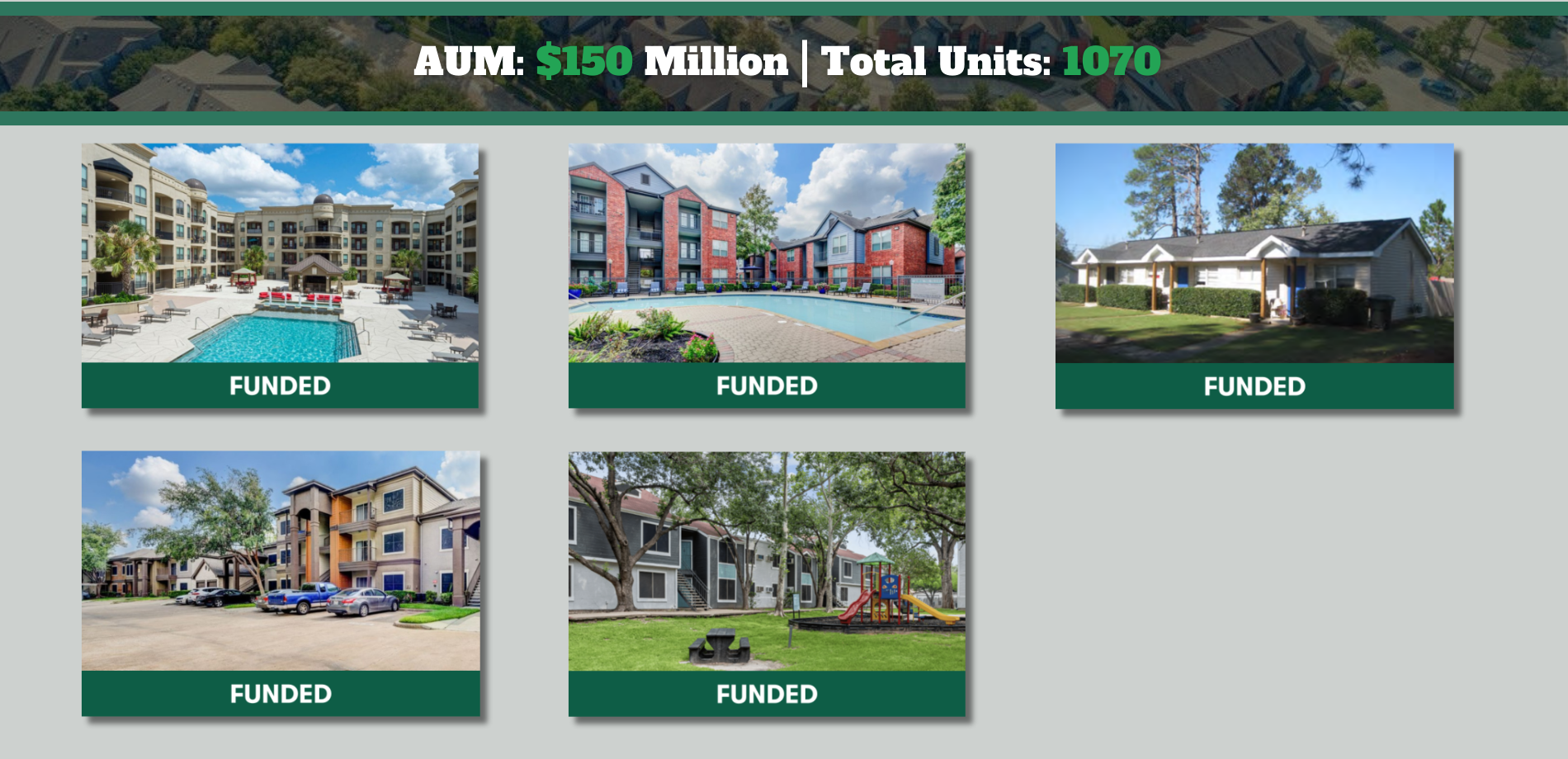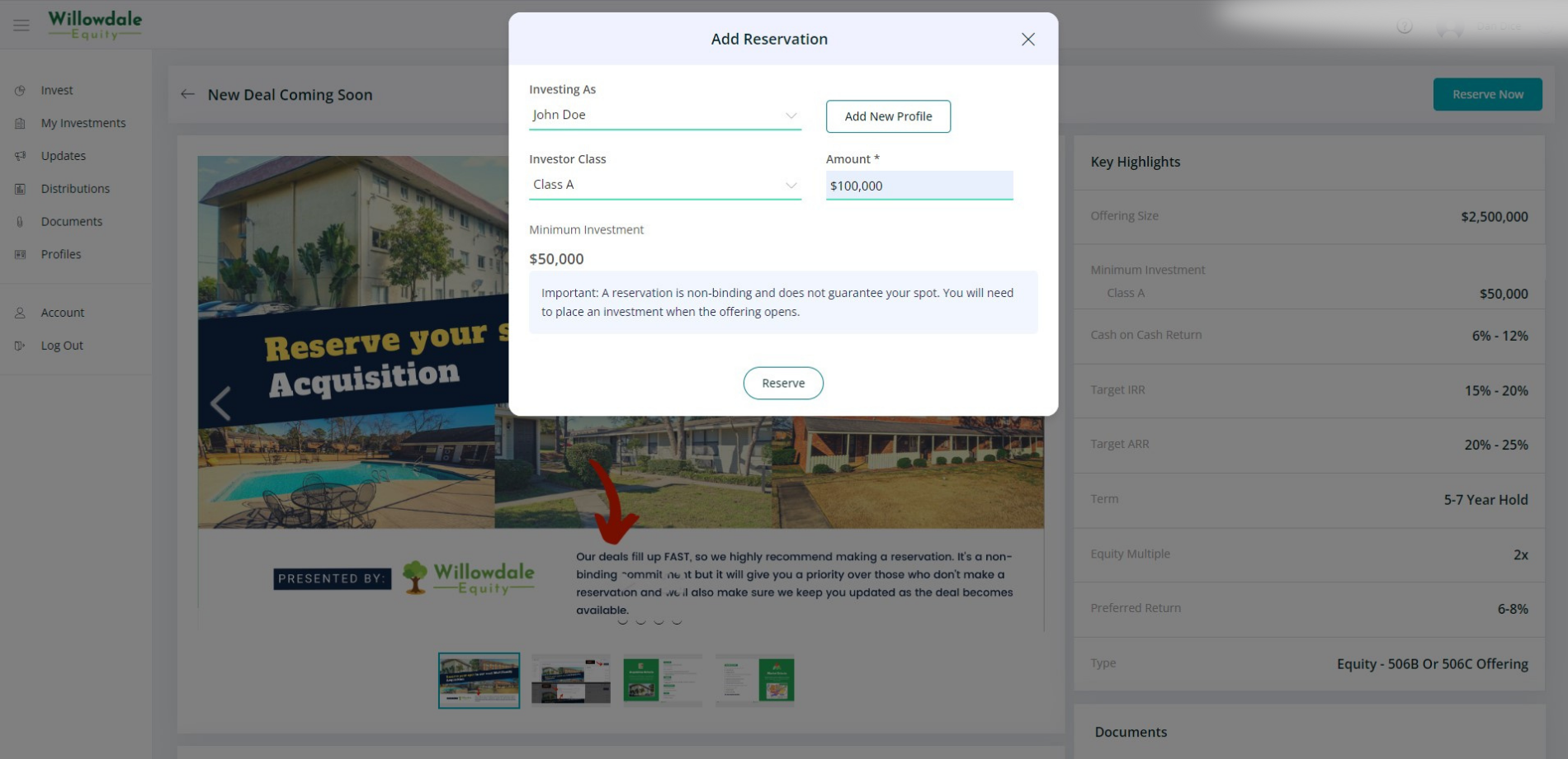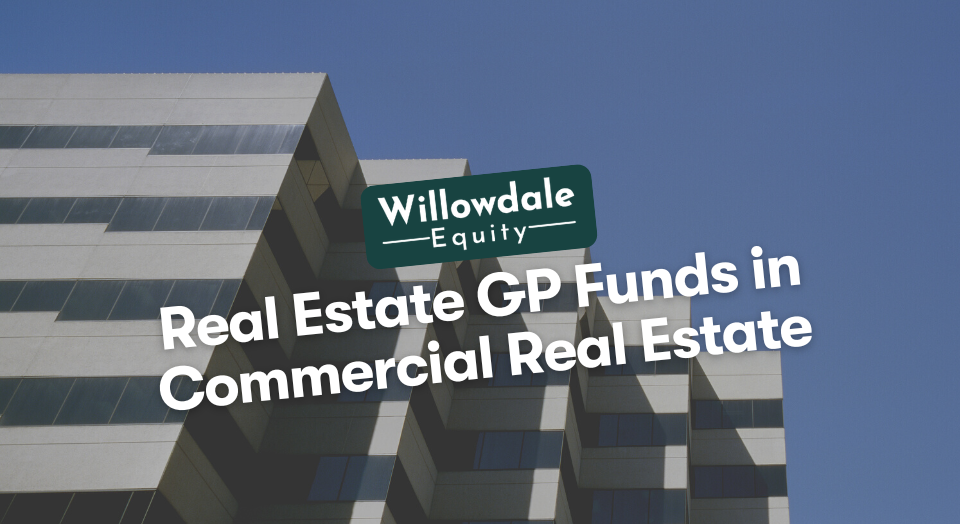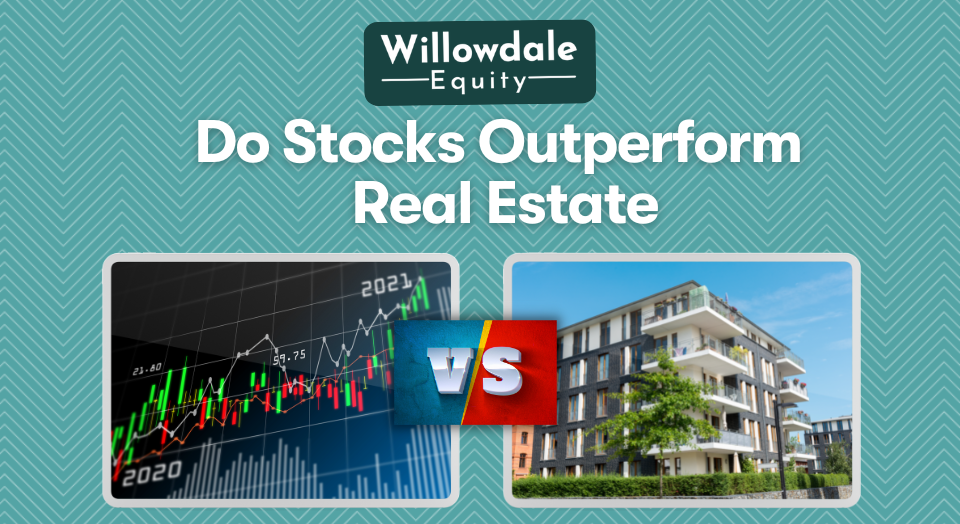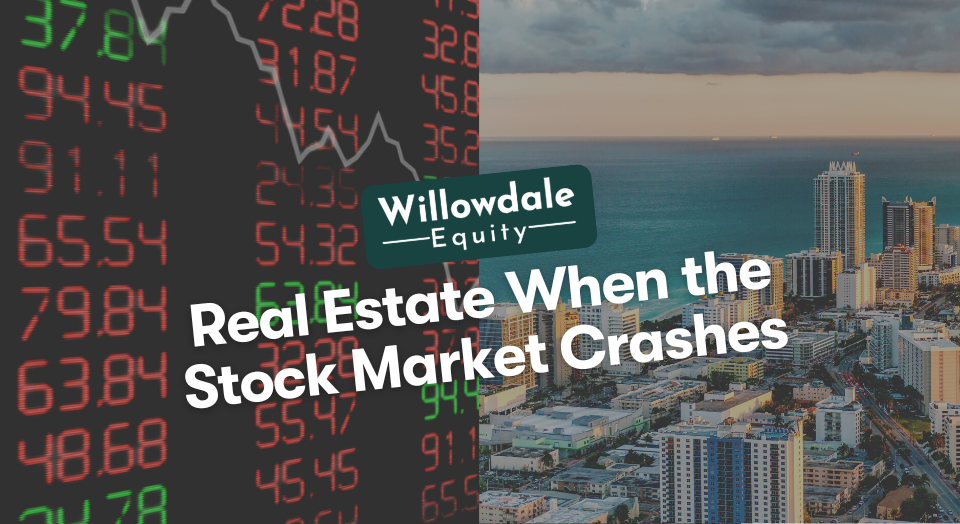
What Happens to Real Estate if the Stock Market Crashes?
This article is part of our guide on buying real estate during a recession, available here.
What happens to real estate when the stock market crashes? While there’s no official correlation between stock values and property prices, the overall economic sentiment created by a stock market crash can be strong enough to rock all areas of the economy. Yes, that includes real estate.
Whether that’s good or bad depends on your ability to jump in when the time is right. Let’s discuss if crashing stocks will hit the front porches of property investors in “real” America.
Key Takeaways
-
Housing prices don’t usually begin to tumble to the point where people have upside-down mortgages until the S&P 500 drops 20%. Even then, it’s subject to many market variables.
-
Generally, real estate is safer than stocks. While stocks and real estate are both subject to fluctuating values based on the market value of an asset, they can appreciate in wildly different ways.
-
Stocks are riskier than real estate due to both market realities and human emotions.
Is Real Estate About to Get Cheaper?
First, anyone who tells you that they “know” where the housing market is headed is someone to run from. Remember that experts firmly believed real estate would crash when lockdowns started in 2020. Instead, prices doubled or tripled in value as buyers scrambled to get into any house they could find during the ensuing housing shortage. Imagine being an investor with the once-in-a-lifetime vision to buy at the beginning of 2020 instead of waiting for the “impending” dip to happen.
While the pandemic-induced housing market boom was largely tied to mass money printing, among other issues, it proved that it’s hard for any analyst to predict what was to come and what is next fully.
Do Houses Get Cheaper When the Stock Market Crashes?

Yes and no, housing prices do usually take an indirect route downward during market crashes, but a stock market crash does not equal a housing crash. When the S&P 500 dips by 10% to 15%, there tends to actually be a little surge in real estate sales because investors want to shelter their investments within the dependability of real estate.
Mortgage rates usually dip a bit to coincide with market corrections to make real estate even more affordable for buyers using financing. Also, inverted yield curves, like we’ve seen in 2021 and 2022, affect both real estate and stock values.
Does the Stock Market Affect Real Estate?
Housing prices don’t usually begin to tumble to the point where people have upside-down mortgages until the S&P 500 drops 20%. The reason is that a 20% drop is often where we begin to see higher unemployment numbers that make people skittish about buying a home.
Once a dip of 20% or more happens, the real estate market becomes an entirely different type of market where those with the means to “scoop up” properties will begin to do so.
Good Read: The 18-Year Housing Cycle
What Is the Relationship Between the Stock Market and Real Estate?
The stock market affects real estate in two major ways. The first is that it creates a sentiment of apprehension. This means that people generally feel reluctant to buy because of perceived economic instability. The second way it affects real estate is that market dips can create job losses that simply take more people away from being in the position to buy.
Is Real Estate Safer Than Stocks in the Event of Market Crash?
Generally, real estate is safer than stocks. While stocks and real estate are both subject to fluctuating values based on the market value of an asset, they can appreciate in wildly different ways.
A stock only represents an ownership interest in a traded company. Stockholders do not enjoy the benefits of having tangible assets that have practical purposes. Stocks are essentially a symbolic store of value. Moreover, the only way for the average investor to make money from stock investments is to invest in new stocks constantly. Unlike a home, a single-stock investment isn’t destined to grow in perpetuity.
Yes, real estate is prone to speculation. There is the risk of a housing boom and a housing bubble. We all remember mortgage-backed securities and the housing market crash in 2008. However, the value of a property is still tied to the value of a tangible asset that is needed by people. Next, we’ll examine how stock dips impact the pros and cons of both stocks and real estate.
What Are the Benefits of Investing in Real Estate Over Stocks During a Market Crash?

Ease and stability are the two benefits of investing in real estate instead of stocks, both before and during a market crash. Real estate investing is simply easier to understand for the average investor. Anyone can understand the concept of purchasing a property, renting it to tenants, managing upkeep, and potentially selling a property for a higher price than the original purchase price. It’s an economic principle as old as time!
Another benefit of choosing real estate over stocks is that real estate can easily be purchased with proper financing. Once a down payment is provided, the rest of the property’s cost can be mortgaged. Stocks have to be purchased in full unless a person decides to risk having investments “blow up in their face” using the risky tactic of margin trading that is reserved strictly for highly experienced traders. Don’t forget that real estate investments can also be incredible hedges against inflation. Yes, home prices can sometimes rise with inflation. However, the more important detail is that rents tend to keep up with inflation in a way that few other income streams can.
Finally, owning property can provide useful tax benefits during a post-crash inflationary period. Investment properties are often eligible to earn tax breaks through depreciation. Investors selling properties can use the 1031 exchange loophole to avoid capital gains when making money on a sale before jumping to a new investment property. There’s also the risky aspect of stocks that’s next up on the list of things to cover.
What Makes Stocks Riskier Than Real Estate During a Market Crash?
Stocks are riskier than real estate due to both market realities and human emotions. First, stocks have more volatility than real estate. This makes cashing in on stocks nearly impossible for anyone who isn’t planning a “buy and hold” approach. Unfortunately, very few people outside of the group of investors who are already wealthy can do this. Most people who look at real estate versus stocks are simply trying to pick the better route to long-term passive income.
Aside from the potential losses that come from volatility, there’s also the risk that even positive gains will still have a punitive effect. Why is that? Selling stocks to make a fast profit could result in capital gains taxes. Investors may also be stuck with tax bills for stock dividends paid out during the year.
Finally, the emotional component can make stocks much riskier than real estate during turbulent periods in the stock market. Stocks can simply be bought and sold much faster than real estate. That means that a big mistake can be made on a whim. Just think of the process of clicking the “buy” button on an online trading platform versus pursuing a real estate sale.
Unfortunately, many investors get into trouble due to a “play money” mindset that creeps in due to the non-tangible quality of stocks. Next, look at the common questions would-be investors often have about how the stock market affects the housing and real estate investors.
Frequently Asked Questions About How the Stock Market Affects Real Estate
There’s no official correlation between stock market performance and housing prices. However, overall economic indicators that result from a stock market crash can often reverberate to the property market once stocks dip below 20%.
Generally, the stock market gives investors the ability to hit home rum returns that may far outpace returns on real estate. Still, commercial real estate has outperformed stocks over the past several decades. It’s done so in terms of its overall gains; it’s tax advantages, all while being a low-risk-adjusted hard asset with true intrinsic value.Stocks have added risks that make them less stable for generating passive income. What’s more, only investors who can play the long game by holding on to stocks ever get to benefit from the long-term strength of stocks. By contrast, real estate offers a more stable investment that can begin generating passive income immediately.
What Happens to Real Estate if the Stock Market Crashes - Conclusion
The answer is that many different things happen to real estate when the stock market crashes. The most likely scenario is that higher inventory paired with lower demand leads to extraordinary opportunities for investors to scoop up properties that will create strong returns with the added benefit of rebound appreciation down the line.
Are you trying to understand how to invest safely outside of stocks and instead into resilient real estate assets? Get access to our resources and insights and private multifamily real estate investment opportunities by applying to join the Willowdale Equity Investors Club.
Sources:
- U.S.News, “Margin Investing is Risky“
- FederalReserve.GOV, “Housing Market Tightness During COVID-10: Increases Demand or Reduced Supply?“
- Porch, “The Ultimate Beginner’s Guide to House Flipping”
The Willowdale Equity Investment Club is a private group of investors that are looking to passively grow their capital and share in all the tax benefits through multifamily real estate investments.
